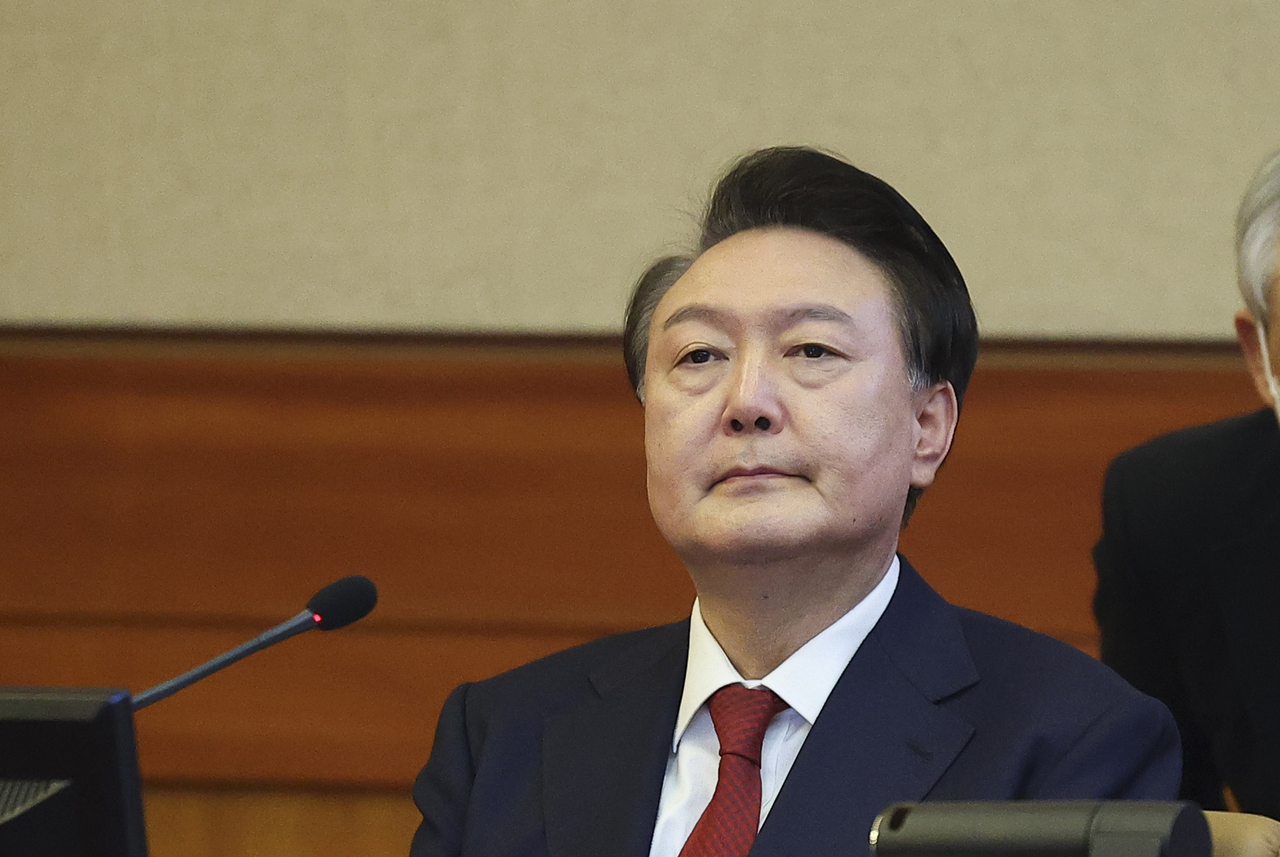ANN/THE KOREA HERALD – The Constitutional Court of Korea ruled Friday to remove President Yoon Suk Yeol from office, citing a grave violation of democratic norms and the rule of law. This brings an end to controversies over his abrupt declaration of martial law on Dec. 3, which triggered arguably the most significant political unrest in decades.
In a unanimous verdict, all eight justices voted in favor of Yoon’s ouster from the presidential office, which is final and unchallengeable. Yoon has become the second sitting president removed by the Constitutional Court.
This decision marked the longest impeachment deliberation in the country’s history, underscoring its complexity and the severity of the charges.
Yoon was accused of violating the Constitution by declaring martial law without legitimate cause. He argued the declaration was not meant to impose full military rule but to warn against what he viewed as the Democratic Party of Korea’s abuse of its legislative majority — a move he claimed “put the nation at risk.”
While political chaos is likely to continue, the ruling eliminates uncertainty over Yoon’s teetering presidency. By law, South Korea must hold a presidential election within 60 days if a president is removed by the Constitutional Court or in the event of death. The special election is likely to be held June 3.
Until then, Prime Minister Han Duck-soo will continue to serve as acting president.

President Yoon’s term was originally set to end on May 9, 2027. His removal means he now loses all presidential privileges, including pension and legal immunity. He also faces a criminal trial on charges of insurrection, which will start on April 14. Most officials involved in the Dec. 3 martial law declaration, including ex-Defense Minister and Yoon ally Kim Yong-hyun, have already been indicted.
The ruling came 122 days after Yoon declared martial law — the first such declaration in 44 years — and ordered armed forces to storm the National Assembly. Likely to be remembered as one of the most challenging cases in South Korea’s constitutional history, Yoon’s legal battle in the nation’s top court against the National Assembly deeply divided the nation for the past four months, sparking intense street rallies, political confrontations, and a leadership void at a time when the country faces global trade disruptions and a stagnant economy.
During the seven-week trial, Yoon expressed willingness to pursue constitutional and political reform – but only if reinstated. The National Assembly, which led the impeachment effort, argued his removal was necessary “for the sake of democracy.”
In addition to insurrection charges, now-civilian Yoon faces other allegations, including a scandal involving self-proclaimed political broker Myung Tae-kyun. Prosecutors could push for investigations into other charges as he no longer has immunity. Based on Korean law, individuals charged with insurrection, particularly ringleaders, face the potential for the death penalty or life imprisonment.


